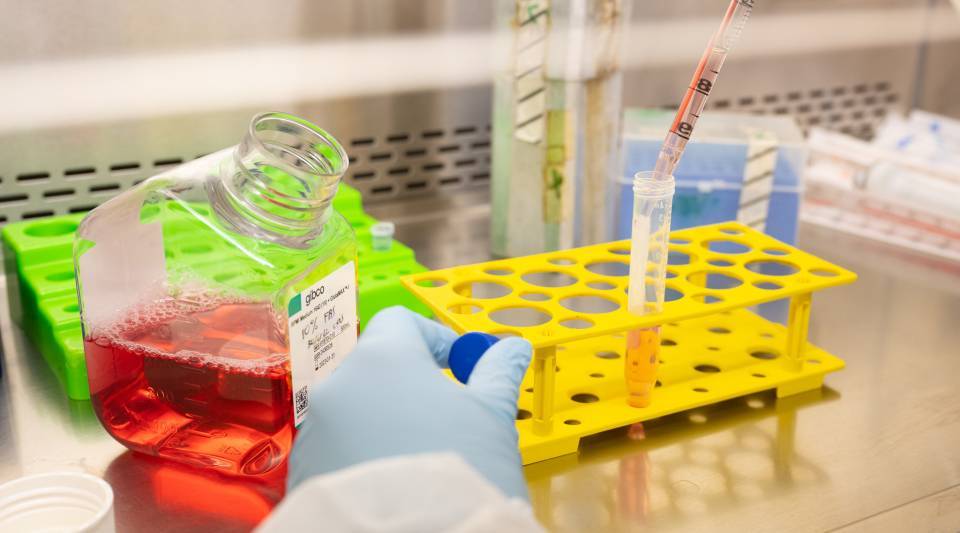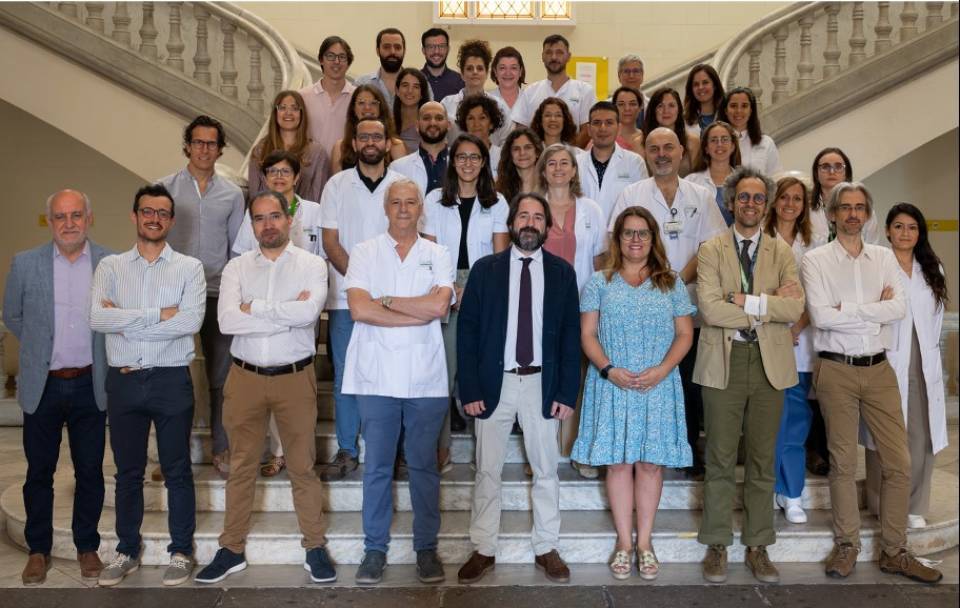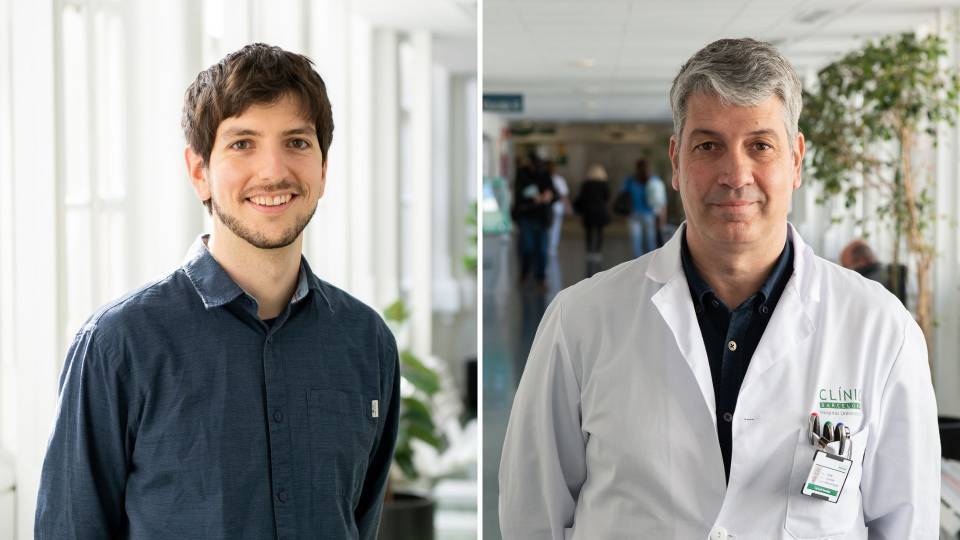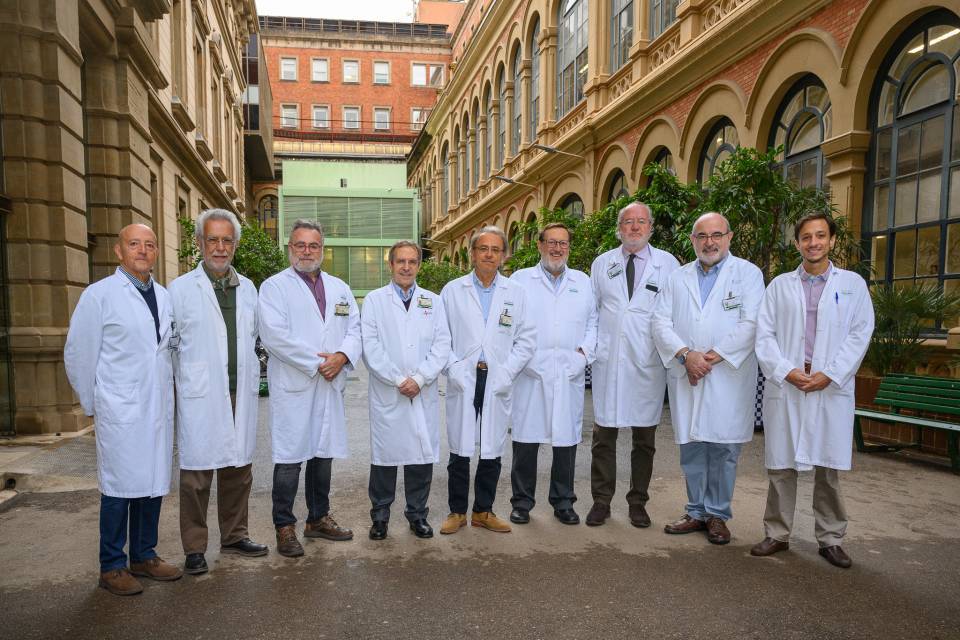In 2022, IDIBAPS launched a new initiative to promote collaboration between its research groups by creating what are called “multidisciplinary research programs”. The programs bring together various IDIBAPS groups with the aim of establishing partnerships, especially between basic and clinical groups, with the participation of junior and senior researchers and where female leadership is promoted..
Eight candidacies were submitted and a commission formed by members of the external scientific committee selected three programs. Each will receive a grant of 400,000 euros. The one on translational cancer research, which received the highest rating, is funded by Fundació ”La Caixa” and the other two by IDIBAPS. At the end of 2023, a new internal call is planned to establish new programs.
The three selected programs are:
1. Translational cancer research program
Main coordinator: Josep Maria Llovet, head of the group Translational research in hepatic oncology.
Co-coordinator: Cristina Fillat, head of the group Gene therapy and cancer.
The program aims to improve knowledge about and the approach to cancer based on the application of innovative biomedical technologies such as artificial intelligence, single-cell sequencing, spatial transcriptomics, patient-derived organoids and models of genetically engineered mice.
Groups involved in the project:
- Translational research in hepatic oncology, led by Josep Maria Llovet.
- Gene therapy and cancer, led by Cristina Fillat.
- Gastrointestinal and pancreatic oncology, led by Antoni Castells.
- Melanoma: imaging genetics and immunology, led by Susana Puig.
- Genetic predisposition to gastrointestinal cancer, led by Sergi Castellví.
- Translational colorectal cancer genomics, led by Jordi Camps.
2. Synaptic autoimmunity in neurology, psychiatry and cognitive neuroscience program
Main coordinator: Josep Dalmau, head of the group Pathogenesis of autoimmune neuronal disorders.
Co-coordinator: Josefina Castro-Fornieles, head of the group Child and adolescent psychiatry and psychology.
The program aims to improve knowledge of anti-N-methyl-D-aspartate encephalitis (NMDARe), as well as the role this receptor plays in normal cognitive functions and in neuropsychiatric diseases.
Groups involved in the project:
- Pathogenesis of autoimmune neuronal disorders, led by Josep Dalmau.
- Child and adolescent psychiatry and psychology, led by Josefina Castro-Fornieles.
- Theoretical neurobiology of cortical circuits, led by Albert Compte.
- Cortical circuit dynamics, led by Jaime de la Rocha.
- Clinical neurophysiology, led by Alex Iranzo.
- Advanced imaging in neuroimmunological diseases imagine, led by Sara Llufriu.
- Multimodal neuroimaging in high risk and early psychosis, led by Gisela Sugranyes.
3. Lymphoid neoplasms program
Main coordinator: Armando López Guillermo, head of the group Lymphoid neoplasms.
Co-coordinator: José Ignacio Martín-Subero, head of the group Biomedical epigenomics.
The program aims to generate ‘multiomic’ data on lymphoid neoplasms, define the molecular mechanisms involved in these diseases, develop patient-derived ex vivo models to design personalized treatments and apply the new knowledge to clinical practice to improve patient care.
Groups involved in the project:
- Lymphoid neoplasms, led by Armando López Guillermo.
- Biomedical epigenomics, led by Iñaki Martín-Subero.
- Molecular pathology of lymphoid neoplasms, led by Elías Campo.
- Experimental therapies in lymphoid neoplasms, led by Dolors Colomer.
- Functional characterization of oncogenic mechanisms in lymphomagenesis, led by Virginia Amador.
- Microenvironment in lymphoma pathogenesis and therapy, led by Patricia Pérez-Galán.
- Molecular genetics of paediatric lymphomas, led by Itziar Salaverria.
- Systemic vasculitis, led by Maria Cinta Cid.




